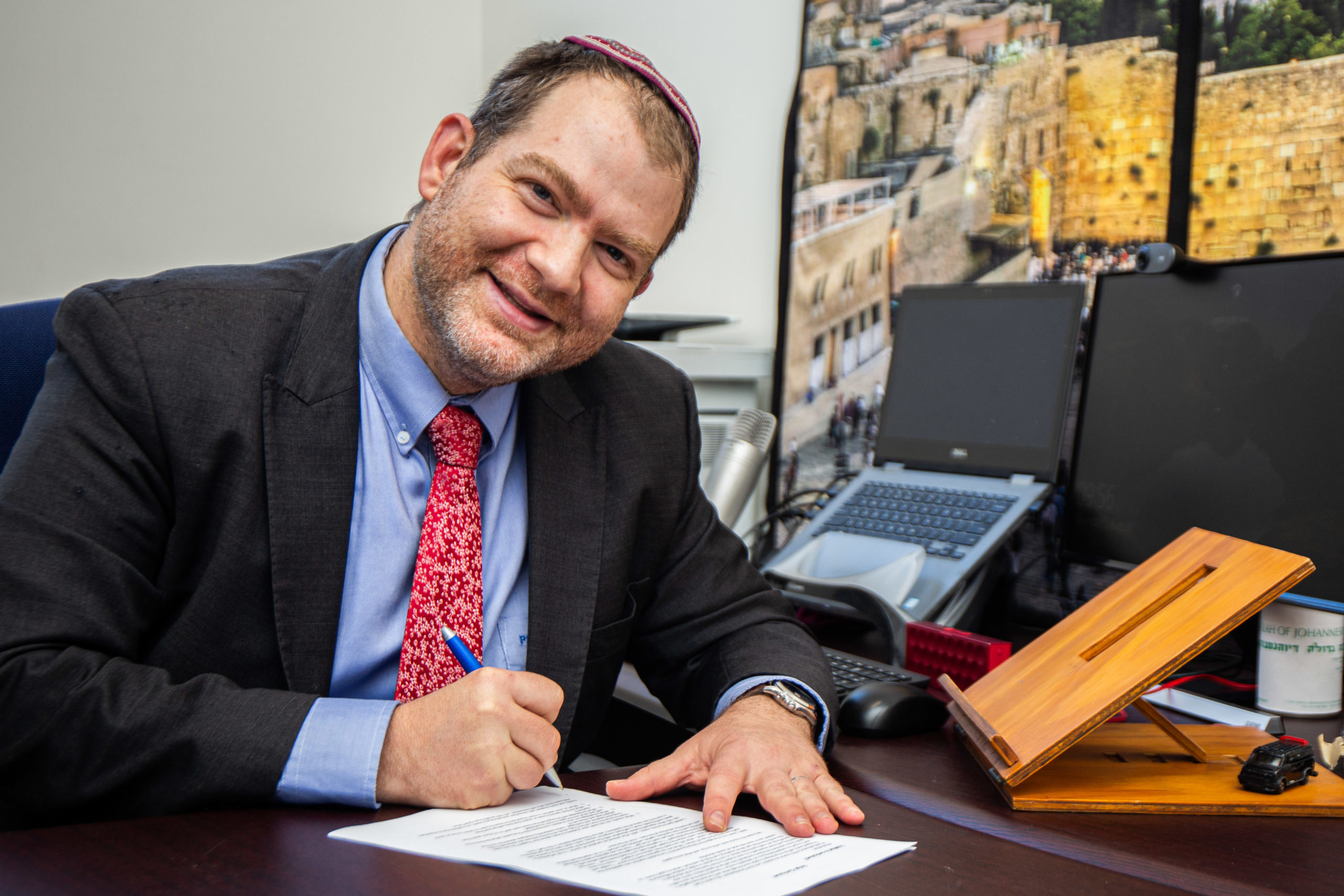
Religion

The G-d within us
In describing the goals of the Mishkan and the service of the Kohanim, Hashem uses a strange expression. “I will dwell amongst the children of Israel, and I will be a G-d to them.” (Shemot/Exodus 29:45)
What does it mean that, through the Temple service, Hashem will “be a G-d” to us? Is Hashem not always G-d, regardless of our service? There’s a cute line that I have heard several times and even occasionally used myself – when it was understood that it was sincere and not trite or disrespectful – when someone boldly declares to the rabbi, “I don’t believe in G-d!” and the rabbi replies, “That’s okay, because whether or not you believe in G-d, G-d believes in you.”
Clearly, there’s an aspect in which Hashem’s presence and godliness is unconditional, but there seems also to be an aspect in which it is situational. One example of this is the Gemara’s declaration “Whoever lives outside of the land of Israel, it is as if he has no G-d.” (Ketubot 110b) Some of our commentators elaborate that that “as if” is a key phrase – the relationship that one has with Hashem in the holy land is more real, vibrant, and holistic than it is outside of the land.
As a simple example, public debates and issues in Israel are often phrased in terms of how they relate to Jewish values and Torah principles. Hashem should bless us that we always live up to them, but the truth remains that they are a part of the discourse and the public mindset in a way that they can never be in a country that doesn’t have a Jewish majority. Even in a country like America, where religious principles are indeed a powerful political force, it’s not our religious principles, and often Jewish values are quite far from those that religious Americans fight for. As a society therefore, it can be possible to have a relationship with Hashem and His word in Israel that we cannot have to the same extent elsewhere.
Similarly, in our personal lives. The Kotzker Rebbe famously responded to the question, “Where is G-d?” with the words, “Wherever you let Him in.” I make a point of changing the words to the well-known children’s song: “Hashem is here, Hashem is there, Hashem is truly everywhere – up up, down down, left, right, and all around” to “up up, down down, in my heart and all around”. Is that not the most important thing – to realise that Hashem isn’t in the world, but in us? That Hashem is with us when we live with that consciousness and behave in a way that’s conducive to goodness and godliness.
In both of these examples, the idea is that Hashem is a part of our lives when He is an active force in our consciousness and in our behaviour, as individuals and as societies. May Hashem be a G-d to us all!
Shabbat Shalom










